Research Counts
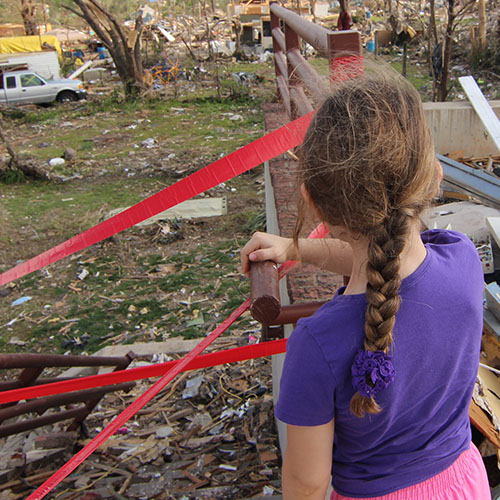
Many children are amazingly resilient after experiencing disaster. But for those who aren't, early screening can help identify who will need resources the most.
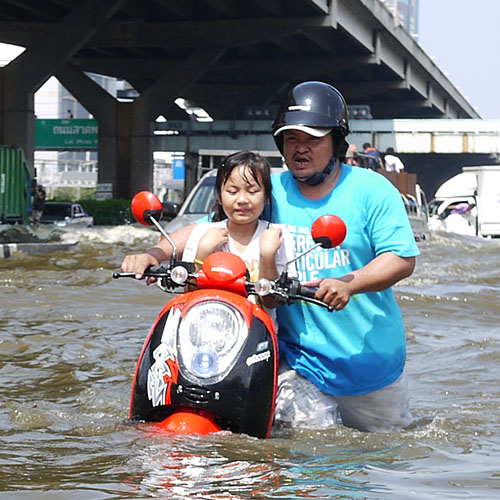
When it comes to mental health impacts after disaster, children can take their cues from a suffering parent—meaning services need to assess and address the entire family.
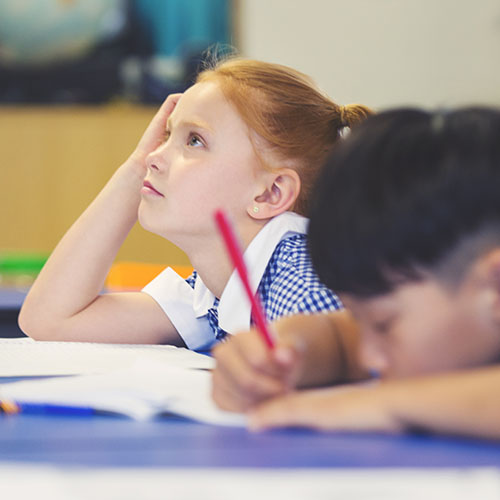
Providing supportive environments for children after a disaster can be difficult to achieve in an evidence-based way. A conceptual framework could hold the key to creating places where disaster-affected children can thrive.
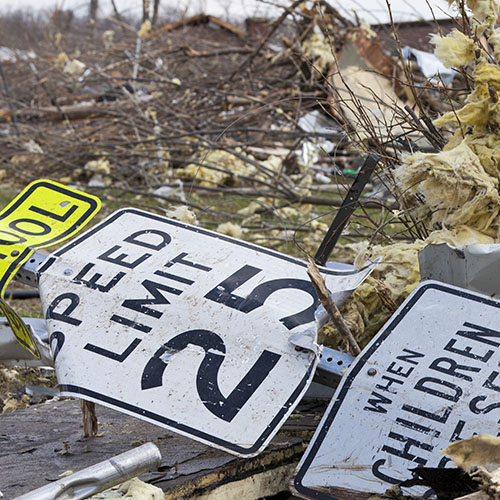
Learn how this this special collection communicates the latest research on children and disasters and why it's so important that we understand their strengths, as well as their vulnerabilities.
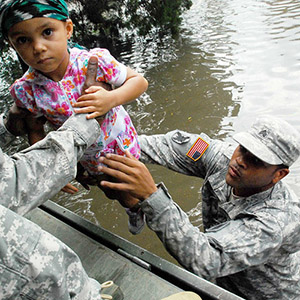
Disasters are understandably frightening for children, but there are steps that parents and teachers can take to ensure more positive outcomes.
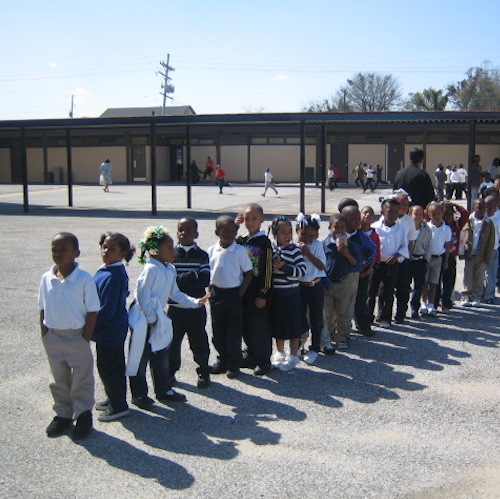
What do children need after a disaster? Drawing from lessons learned after Hurricane Katrina, Fothergill and Peek highlight six critical spheres in a child's life that need additional support when disaster strikes.
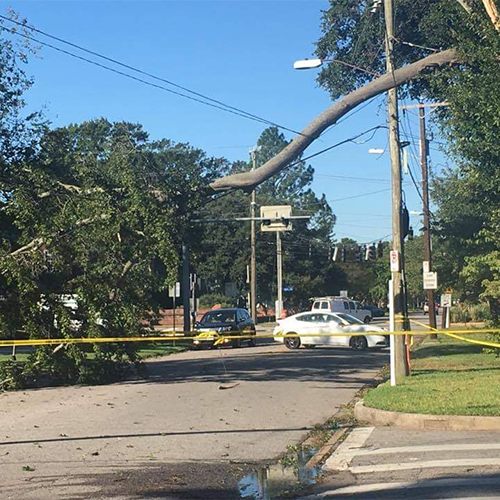
Legislation that ensures eldercare facilities keep the power on during disasters—preventing needless deaths from heat or equipment failure—are necessary, but they need to be thoughtfully implemented.
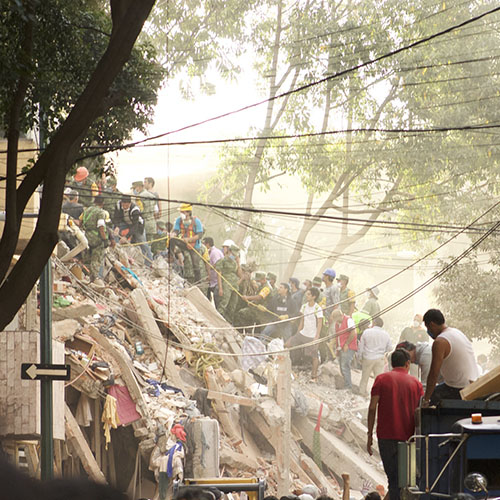
Mexico's incoming administrations, who ran on the platform that they were "not them," will have a lot to prove when it comes to the politics of disaster mitigation and response.
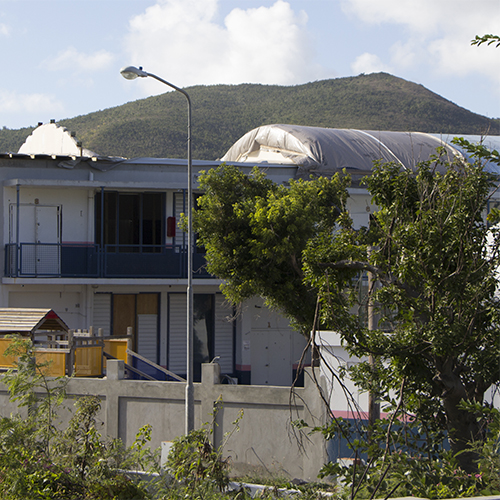
In areas rich with cultural diversity, resilience isn't a one-size-fits-all prospect. A research team from PEARL shares lessons they learned about building back better after Hurricane Irma hit Sint Maarten.
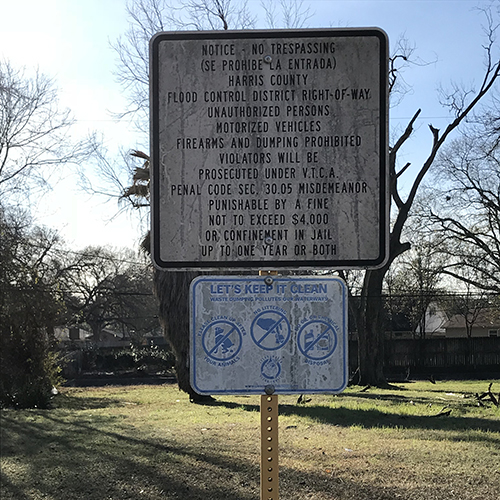
Are home buyout programs a mitigation effort or a recovery effort? The answer can vary—and that ambiguity topic can impact the programs' effectiveness.
If you are interested in contributing to this series, please contact Natural Hazards Center Director Lori Peek directly at lori.peek@colorado.edu.
